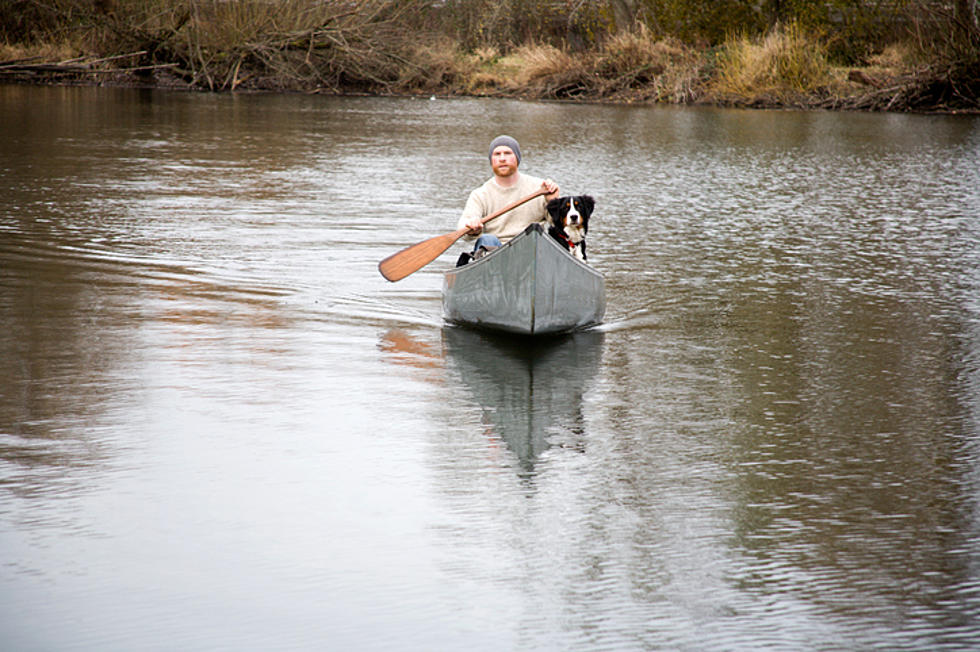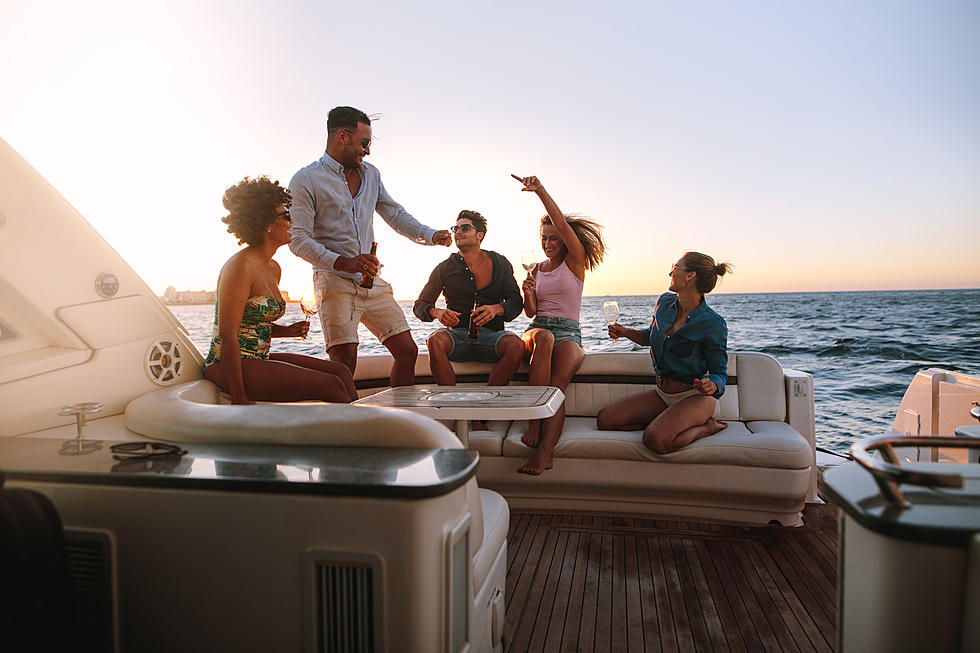
After Deadly Season Minnesota DNR Encourages Late-Season Boating Safety
The Minnesota Department of Natural Resources is reporting that 17 people lost their lives in boating-related drownings and crashes, which is the highest number since 2005. Now comes the late-season boating season and the fear is that number could grow higher.
With that thought in mind, the Minnesota DNR is encouraging everyone who participates in the late-season boating season to take the necessary steps to do it safely.
The DNR notes that of the 17 people who died, 16 were not known to be wearing life jackets when they went into the water. Some of them fell unexpectedly into the water, while others jumped in and experienced some sort of trouble that prevented them from getting back to their boat.
“Any life lost on the water is one too many, and we hope we’ve seen the last of these terrible tragedies,” said Lisa Dugan, DNR recreation safety outreach coordinator. “Too many families have had their lives immeasurably altered while their loved ones were taking part in what should be a fun and memorable activity.”

The first thing everyone should do is wear a life jacket, especially now that the water has turned colder. When falls into cold water occur, even the strongest swimmers can perish. The DNR adds that each year, about 30 percent of boating-related fatalities happen during the cold-water periods of spring and fall.
Those who tend to be on the water the most this time of year are anglers and hunters, but there are paddlers and others who also enjoy being on the water in the fall when it's less crowded and the scenery can be amazing.
With that in mind, here are some terrific safety reminders for the cold-water season:
- Wear a life jacket (foam life jackets are more effective than inflatable life jackets during the cold-water season).
- Distribute weight in the boat evenly and abide by manufacturer’s weight limits to reduce the likelihood of falling overboard.
- Have a means of communication. Boaters also should let other people know where they’re going and when they plan to return.
- Watch the weather to avoid shifting winds or storms.
- Wear an engine cut-off device if the boat is equipped with one.
You can click on the button below to access even more information on the cold-water boating season.




